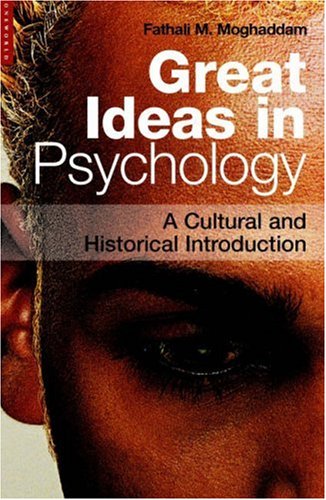

Most ebook files are in PDF format, so you can easily read them using various software such as Foxit Reader or directly on the Google Chrome browser.
Some ebook files are released by publishers in other formats such as .awz, .mobi, .epub, .fb2, etc. You may need to install specific software to read these formats on mobile/PC, such as Calibre.
Please read the tutorial at this link: https://ebookbell.com/faq
We offer FREE conversion to the popular formats you request; however, this may take some time. Therefore, right after payment, please email us, and we will try to provide the service as quickly as possible.
For some exceptional file formats or broken links (if any), please refrain from opening any disputes. Instead, email us first, and we will try to assist within a maximum of 6 hours.
EbookBell Team

4.3
98 reviews
ISBN 10: 1851683798
ISBN 13: 9781851683796
Author: Fathali Moghaddam
Part I: Early Foundations and Revolutionary Concepts
Part II: Understanding the Self and Society
Part III: Development, Intelligence, and Emerging Fields
Conclusion:
great ideas in psychology
great ideas in psychology podcast
great ideas in psychology pdf
great ideas in psychology a cultural and historical introduction
good psychology topics to write about
Tags: Fathali Moghaddam, Psychology, Historical